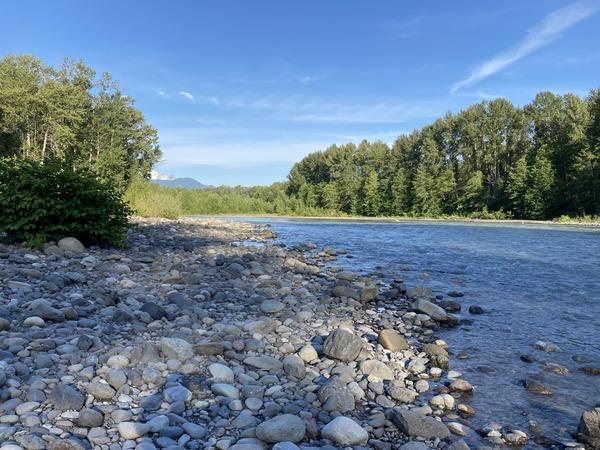Title: Understanding Water Rights: The WRIA 1 (Nooksack) Adjudication in Washington State
In the face of increasing water management challenges, communities throughout Washington are turning their attention to the WRIA 1 (Water Resource Inventory Area 1) adjudication process. This initiative is crucial for clarifying water rights within the Nooksack River basin. Led by the Washington State Department of Ecology, this intricate legal framework aims to address long-standing conflicts over water usage in a region celebrated for its rich biodiversity and agricultural output. As climate change concerns mount and demand for water resources escalates, this adjudication process strives to harmonize the interests of various stakeholders—including farmers, local governments, and Indigenous tribes—while also promoting sustainable water management practices that will influence Washington’s future.
Scrutiny of Nooksack River Water Rights in WRIA 1 Adjudication
The ongoing adjudication regarding water rights along the Nooksack River has garnered significant attention as stakeholders consider its implications for environmental sustainability and community welfare. Advocates for environmental protection and tribal representatives stress the importance of honoring traditional rights while prioritizing ecosystem health, especially as excessive allocation strains local habitats. Central discussions focus on how agricultural demands affect river flow and what this means for fish populations like salmon—vital both ecologically and culturally.
A key aspect of these discussions involves reconciling diverse interests from agriculture, recreation, and Indigenous communities. The Washington State Department of Ecology faces a challenging landscape filled with claims related to both historical and modern uses of water resources. As this adjudicative process progresses, several critical factors will be evaluated:
- Patterns of Water Use: Analyzing current versus historical allocations among various users.
- Ecosystem Impacts: Assessing conditions within river ecosystems alongside future implications for water quality.
- Civic Engagement: Evaluating how actively local communities and tribal groups participate in these discussions.
| User Group | Main Concerns | Possible Solutions | ||||||||
|---|---|---|---|---|---|---|---|---|---|---|
| Agricultural Producers | Lack of sufficient water during dry periods | Adopting advanced irrigation methods | ||||||||
| Nations Tribes | ||||||||||
| Nations Tribes | ||||||||||
| td>>Protection efforts for fish habitats | td>>Restoring natural flow patterns | td>>Environmental Advocates | td>>Deteriorating health conditions in rivers | td>>Enhancing conservation strategies | /
/t/ The latest insights from the Washington State Department reveal several important findings regarding WRIA 1 (Nooksack) adjudications that impact regional resource management:
|
